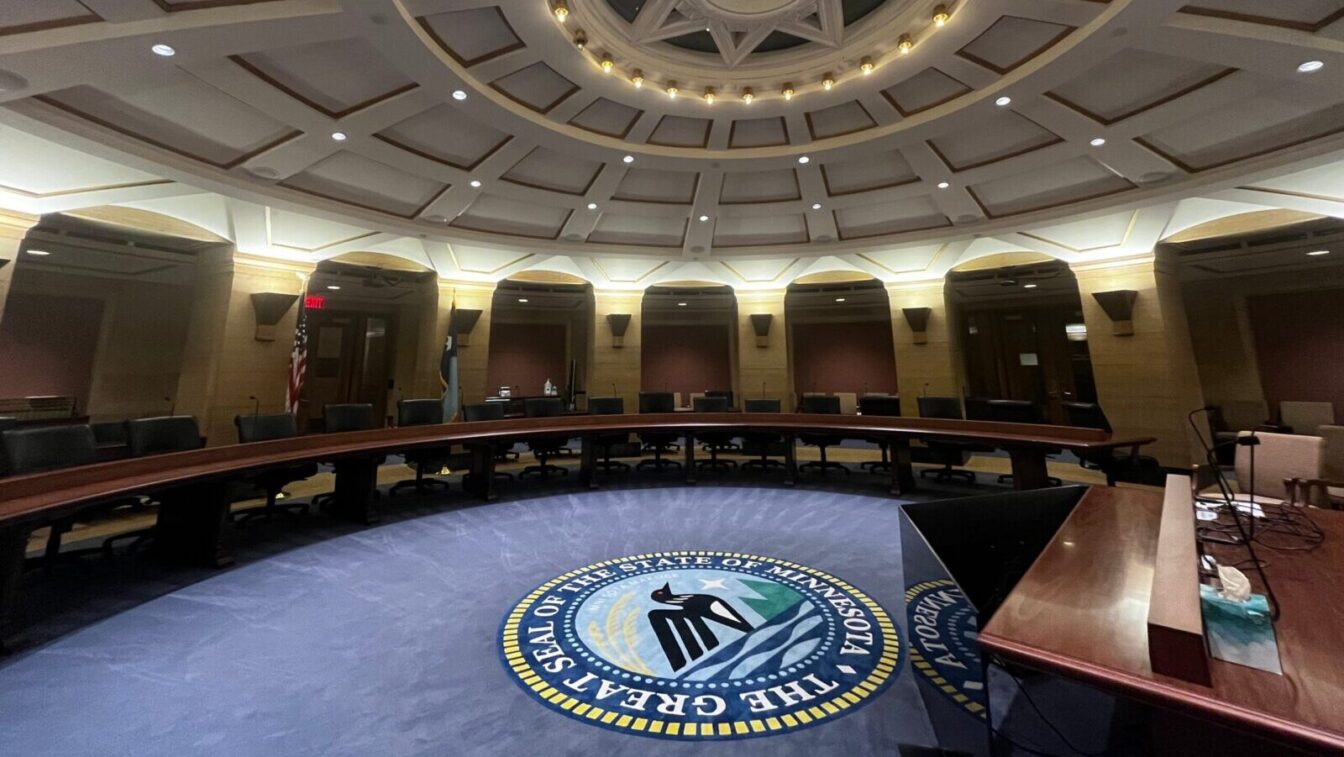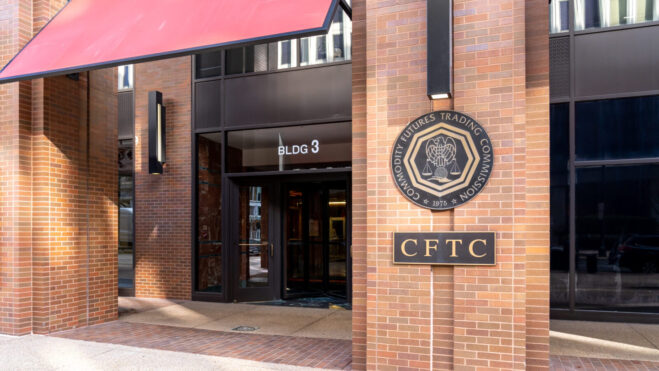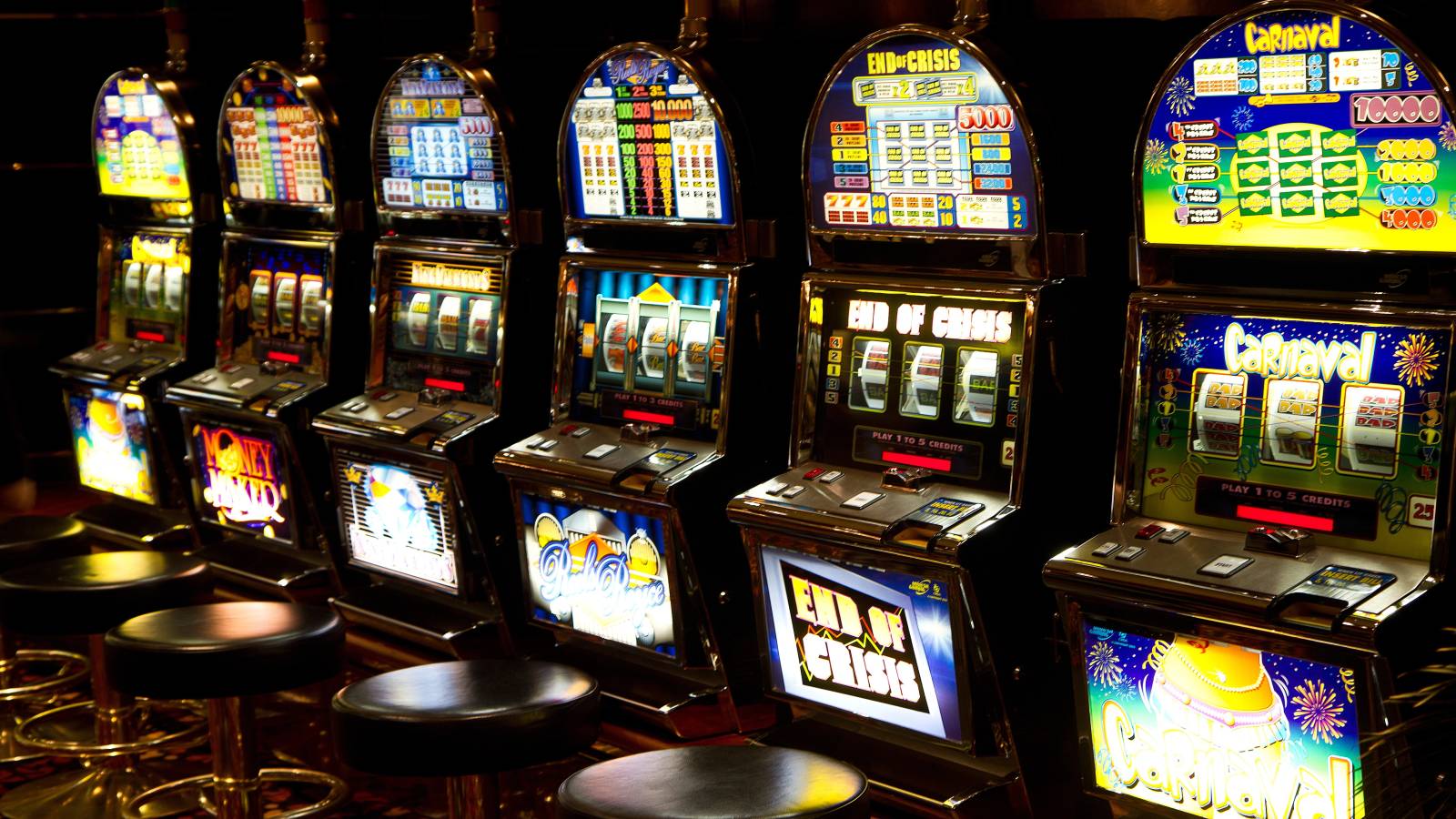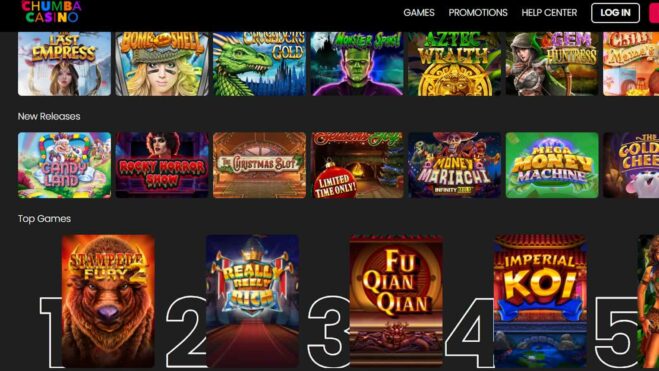Competing Sports Betting Bills Filed In Minnesota Senate
Bills authored by Sens. Miller and Klein could benefit from a legislative tie in lower chamber
3 min
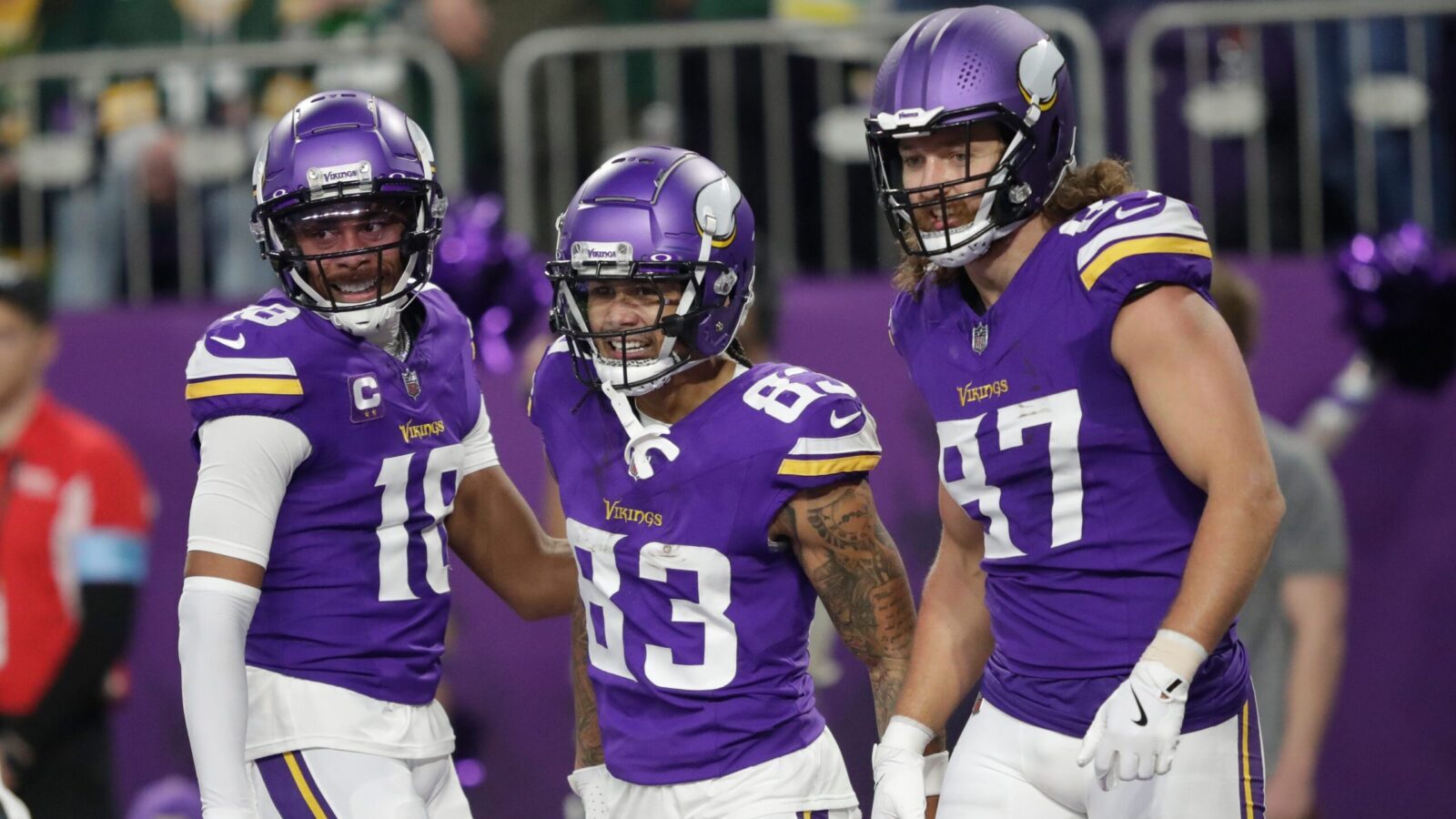
Two Minnesota state senators filed bills to legalize sports betting Friday, with lawmakers again trying to incorporate the state’s 11 tribes as part of the process.
“Minnesota continues to miss out on what is now a $150 billion industry,” Sen. Jeremy Miller said in announcing what he called the Minnesota Sports Betting Act 3.0. “We were on the brink of success last year; I strongly believe 2025 could be the year we get this across the finish line.”
Minnesota Sen. Matt Klein also submitted his bill, SF 757, on Friday. It would give all 11 tribes the ability to obtain sports wagering licenses, and the tribes would then work out contracts with management services providers to offer mobile betting.
Minnesota is completely surrounded by states that offer sports betting: Iowa, South Dakota, Wisconsin, and North Dakota. Iowa, though, is the only one with the expansive mobile wagering available that Minnesota lawmakers are looking to emulate. South Dakota has retail sports wagering exclusively in Deadwood; North Dakota and Wisconsin have retail sportsbooks at tribal-run casinos.
This will be the fourth consecutive year the Minnesota legislature will consider legalizing sports betting, with previous attempts resulting in uneven progress as tribes and lawmakers attempted to hammer out their differences with varying degrees of success before failing to obtain the governor’s signature.
There have already been signs of pushback in the Senate, though an equally split lower chamber could help legalization efforts given the need for bipartisan support there.
It could all hinge on one word
Because Minnesota’s tribes and their casinos control gaming, lawmakers needed to look to peers Michigan, Arizona, and Connecticut in crafting framework that would be acceptable to the state’s 11 tribes. They could also have reviewed Florida’s recently reworked compact with the Seminole Tribe that expanded Hard Rock’s monopoly into Class III gambling that included mobile sports betting.
Any negotiations that involve tribal operators when it comes gaming require nuance because tribes are fiercely protective of their sovereignty. In states where hybrid models were established, the tribes were willing to pay taxes to the state government. The Seminole Tribe in Florida pays a share of its revenue to the state of Florida, but it is not considered a tax.
The bills filed by Miller and Klein both call for a “tax” on operator revenue, which may wind up being subject to negotiations in both terminology and rate. Miller’s bill callls for a 20% tax on license-holders, which he projects to $80 million in annual revenue for the state. Klein’s bill counters with a 22% rate on mobile bets made outside where tribal gaming occurs.
Both bills call for tax rates higher than states where hybrid models are in place. Connecticut taxes operators at 13.75% of adjusted gross revenue with limited promotional deductions, Arizona 10% with unlimited promotional deductions, and Michigan at 8.4%, also with unlimited deductions.
Both bills also earmark a notable percentage of said tax revenue toward the state’s four horse racing tracks. Miller’s bill allocates 20% to “enhance horse racing in the state,” while Klein’s legislation allocates 15% to an “economic development fund.”
Tale of the legislative tape
Miller’s bill carries over most of the legislative agreements that were reached last year when Minnesota legislators ran out of time trying to secure votes for passage. That includes the regulation of daily fantasy sports and what former state Rep. and sports betting proponent Pat Garofalo called the “Iowa Plan.”
The “Iowa Plan” would allow any licensed mobile operator in Iowa the ability to conduct wagering in Minnesota as soon as it reaches an agreement with one of the tribes as a means of accelerating marketplace availability. There is also a tribal equalization fund in which tribes that do not have at least 10% market share or do not offer mobile sports betting would be able to participate in the fund.
Klein’s bill addresses multiple concerns that have arisen as sports betting has grown immensely popular nationwide. The state’s regulatory body would have the power to limit the frequency of ads as well as the right to limit the amount and volume of bets beyond a stated maximum. It must also act on a license application within 90 days of filing.
Direct advertising to people under the age of 21 is banned, as well as advertising on school grounds all the way up to college campuses. Deposits cannot be accessed for at least three hours after they are made and operators are required to offer both bet- and time-limiting tools as part of responsible gambling protocol.
How big is the Minnesota marketplace?
Minnesota has 5.7 million people, which is nearly 80% higher than neighboring Iowa. The Hawkeye State generated $2.77 billion handle in 2024, with 93% of that total coming from online wagering through 12 operators by year’s end. Minnesota bettors have also contributed to Diamond Jo in Worth — 10 miles beyond the state line — being Iowa’s largest retail sportsbook with a total handle of $280 million since launch in August 2019.
A comparable market size in terms of population would be Colorado, which has nearly 6 million people and launched sports betting just before the 2020 COVID-19 pandemic. Its $6.2 billion handle in 2024 was up 11.3% compared to 2023, with more than 99% of wagering done online. Operator gross revenue totaled just over $475 million, which was an increase of 21.2% from the previous year.


